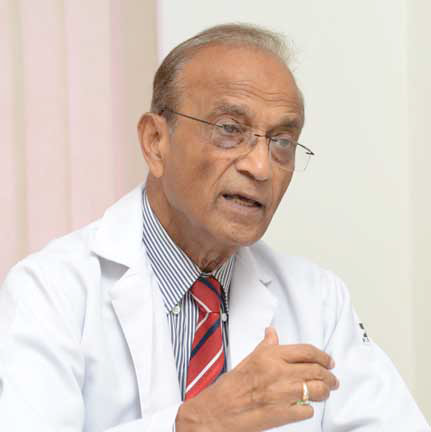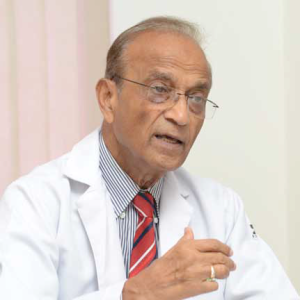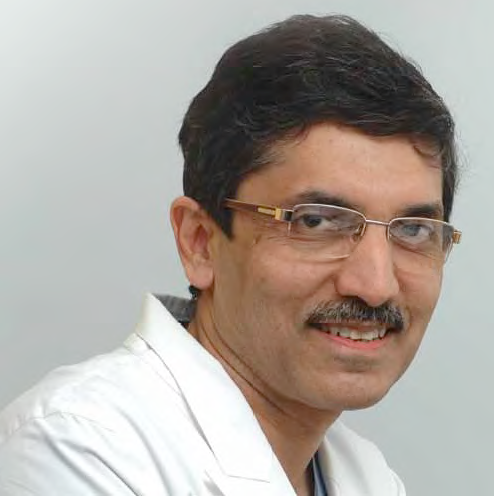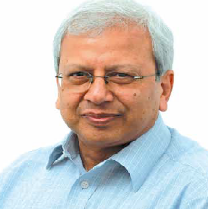
 Dr Rakesh Tandon,
Dr Rakesh Tandon,
Medical Director & Head of Department for Gastroenterology, PSRI, in conversation with Shahid Akhter, ENN
Kindly give an overview of the prevailing scenario of gastroenterology in India?
Gastro disorders are on the rise. Consider the fact that 60-70 percent of medicines that people take are gastro related. Contributing factors are numerous but to enumerate a few, I can mention, sanitation, hygiene, infection, contamination, food quality, etc. In fact, almost all diseases are dependent on what you eat. Diseases like diarrhoea, cholera, typhoid, dysentery and hepatitis can be prevented by improving and introducing hygiene, sanitation and water purity. A simple check on tobacco and alcohol consumption will greatly impact and improve the upper gastrointestinal tract.

PSRI is known for its prowess in gastroenterology, kidney and liver diseases. What are the unique services?
We are fully equipped, round-the -clock, to handle all diseases related to digestive system, pancreas, gall bladder, intestines, liver, etc. We perform around a 1,000 endoscopic procedures in a month.
Besides kidney transplants with 100 percent success rate, we offer comprehensive clinical care and services related to kidney. Several new surgical procedures, like laproscopic thoracotomy have been introduced in liver, pancreas and bile duct surgery
What technological advancements can be expected at PSRI?
Upper endoscopy is used to explore ulcers in the food pipe, stomach or the upper small intestine. It is achieved via fibreoptic tube that is inserted through the mouth. Another upper endoscopy is ERCP where obstruction to the flow of bile can be removed via stents. Colonoscope is used to examine and screen the rectum and the lower end of the small intestine for cancer, passage of blood in stools, constipation, etc. Capsule endoscopy and enteroscopy are applied to reach out the sections untouched by routine upper or lower endoscope.
How does the Indian gut and technological advancements in gastroenterology compare with the West?
The Indian gut is more tolerant. Our bowel movements are more uniform as we are given to traditional belief of daily morning bowel movements. However, at times we are over concerned and this ignites the brain which gets tensed and leads to functional disorder by disturpting the bowel.
In the West, fecal transplantation is in vogue though it is yet to be FDA approved. In India, Ulcerative colitis, and Crohns diseases are less common. The impact of packed food, lifestyle changes, surge in contamination, choice of food and alteration in food habits have certainly changed the Indian gut scenario.

Be a part of Elets Collaborative Initiatives. Join Us for Upcoming Events and explore business opportunities. Like us on Facebook , connect with us on LinkedIn and follow us on Twitter , Instagram.












